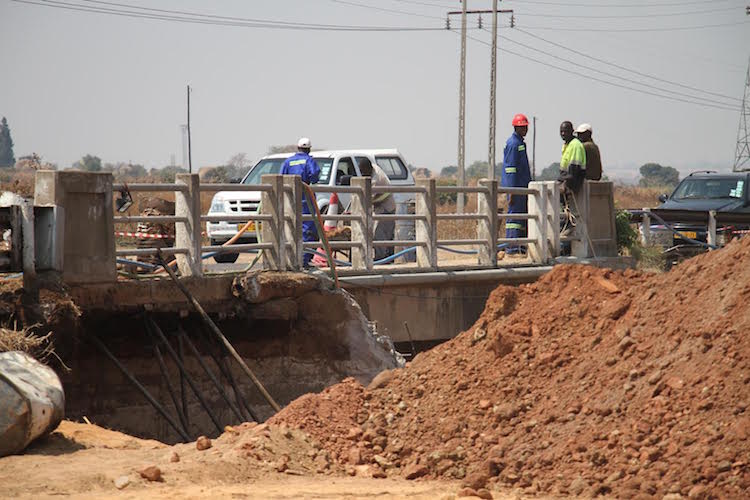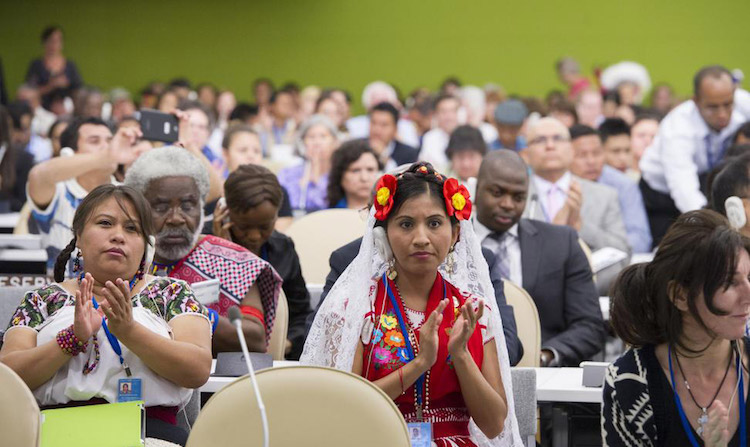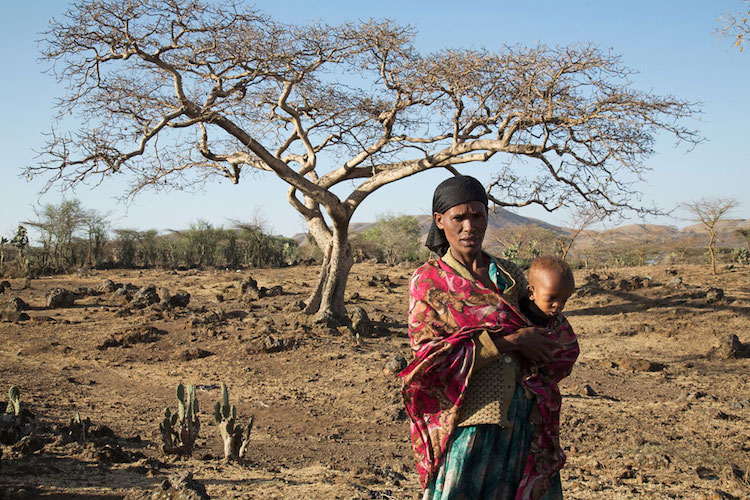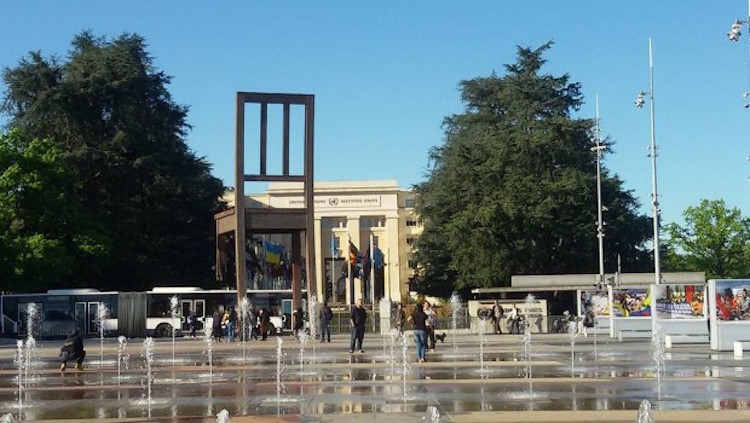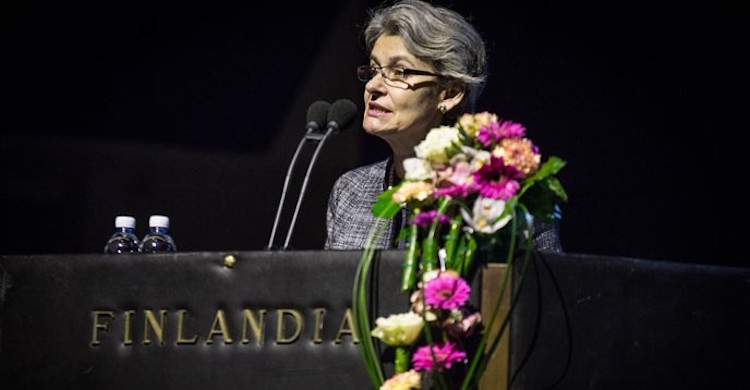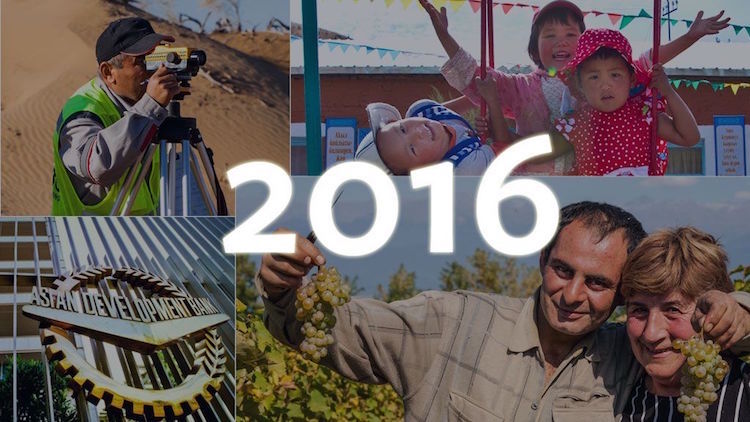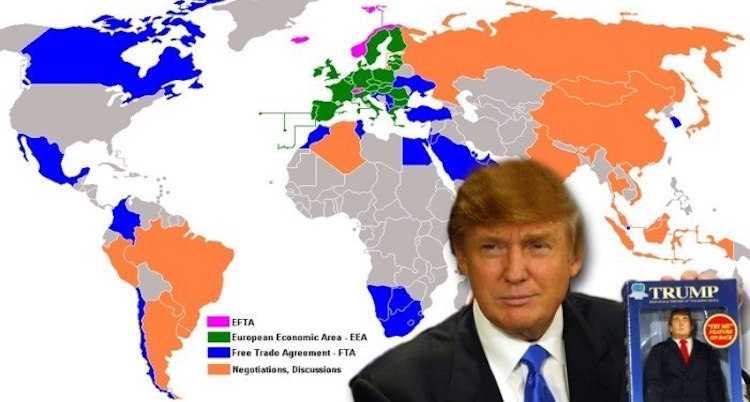Analysis by Jeffrey Moyo
HARARE (IDN) – The third Pan African Capacity Development Forum organized by the African Capacity Building Foundation (ACBF), in partnership with the organisation’s Pan-African and international partners, has vowed to boost industry together with infrastructure, in order to promote inclusive and sustainable industrialization and foster innovation in line with the ninth goal of the UN Sustainable Development Goals.
As such, the organisation says it has invested more than $1 billion, building institutions in 45 countries on the African continent and supporting regional economic communities as well as continental organisations.
The SDGs were built on the eight anti-poverty targets that the world committed to achieving by 2015, dubbed the Millennium Development Goals.

